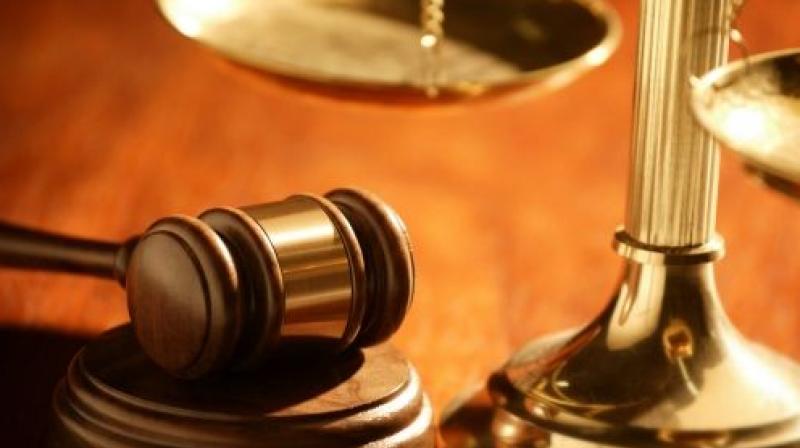Family can't construct on temple land, says court
The land was let out to the tenant in 1940s on condition that no permanent structure should be put up there.

Chennai: A city court has prevented a family from constructing a building on a land belonged to a temple in Aminjikarai. The land was let out to the tenant in 1940s on condition that no permanent structure should be put up there.
In a petition, Arulmigu Ekambareswarar Thirukkoil, represented by its executive officer, submitted that the temple owns a portion of land measuring 4,080 sq ft at S.S. Sahib Street, Aminjikarai. It was let out to Dillibabu. After his death, tenancy was transferred to his wife Sakunthalammal.
The department collected Rs 5 as monthly rent, revised to Rs 6,143 as per government orders. After the death of Sakunthalammal, D. Kannappa, S. Baby Ammal, N. Govindan and K. Revathi were in possession of the land. Without informing about the death of Sakunthalammal, they had regularised/ transferred the tenancy into their names as the legal heirs by applying to the Hindu Religious & Charitable Endowment Department.
During an inspection on February 28, 2012, the executive officer found that they had demolished the old building and made arrangements to construct a building in its place. EO sought permanent injunction restraining them from putting up any new construction in the land.
In their reply, defendants said the temple was making false allegations. The date and year in which the property was leased out to Dillibabu for rent was not mentioned in the petition.
Parents of Kannappa purchased the property and were living there since 1946. After the death of his parents they were living as owner. They had not done any alteration work. Hence, they sought to dismiss the petition. Corporation said it had not given sanction or approval for constructing a new building.
The Assistant Judge, XIII City Civil Court, G. Santhi said the EO proved that parents of defendants were tenants and had not paid rent for many years.
During the pendency of this case the defendant raised the building and completed construction in 2013 without prior permission from the plaintiff. Hence, the plaintiffs are entitled for mandatory injunction, which is also necessary to preserve the property of temple, judge added.

